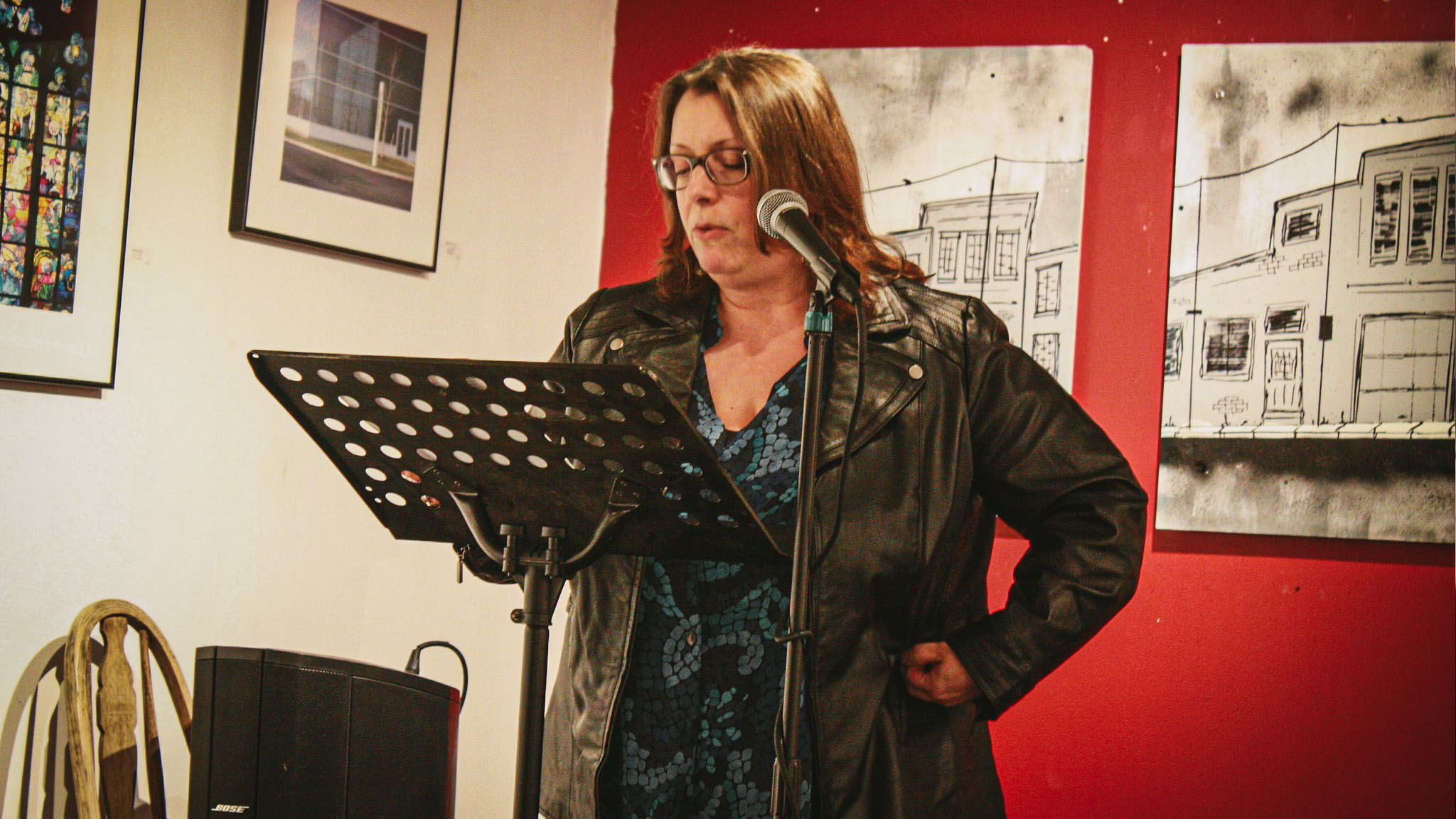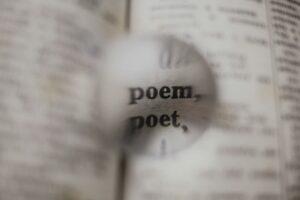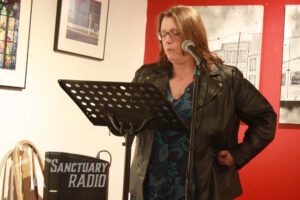The morning after another nineteen children and two teachers are murdered by an automatic weapon-wielding teenager, in their own classroom, it is tough to even get out of bed. I listen to the most minimal news report I can find on the radio, having long ago sworn off the lofty intentions of the public stations. My goal is to rise after I know the weather for the day, and before the mind-numbing stats of the sports report put me back to sleep.
But sleep isn’t easy these days. Mass murders here and abroad make everything, especially art, seem pointless at best, and at worst a sort of self-involved vanity that only those lucky enough to be living in Blue (for the moment) states where abortions are still safe and legal and no bombs are being dropped on our hospitals and power plants can indulge in. For the moment.
I have three readings to prepare for in June, one of which will be a livestream from the Green Kill Gallery in Kingston, so I know that one will linger on the Interwebs in perpetuity. At first, I was tempted to assemble a list of names of all the mass murder victims so far in 2022. However, I fear that would exceed my twenty-minute time limit even now. I have never been much of a political poet, preferring to keep to my own direct experiences. But once in a while, I am inspired by current events. It’s not my best work, and I try to make it worthy. Many times poets are inspired by these tragedies, but often the work produced does little to contribute to the discourse. Vainly, I try to move beyond cliché, especially in times like these. I suppose the desire to be noticed can never be put aside, even when the intentions are noble ones.
And there are the patterns in these shootings that are too obvious to ignore: the shooter, a Hispanic, is gunned down at the scene, whether rightly to save others or not. In similar instances, if the gunslinger is white, the odds of them surviving, short of suicide, are far better. Children are now drilled in advance on how to respond to such incidents, but nineteen children dead and a forty-minute siege prove how useless those drills really are. I recall the drills of my early school days, holdovers from the newly ended Cold War, where we would crouch under our desks and cover our heads. Now I know it was only for easier identification of our bodies in case of attack, and not actual protection.
What would the great Tom Nattell say? Between Trump, the Ukraine war, toilet paper and infant formula shortages, and the ever-increasing annihilation of our own people by our own people, he would be saying a lot. His annual “Readings Against the End of the World,” seems to have taken place in a more innocent time, and who could ever have imagined that? It is impossible to hope, or to even think that our small actions can affect change. Margaret Mead said that our individual actions were the only things that could make things better. It is hard to see the effect of our own actions, which might be years or decades off.
I naively thought that things like Earth Day, civil rights laws, bra burnings, and legal abortion meant that humankind was moving in a better direction, and that evolution was still possible. I never thought these issues would still be issues, and that my so-called “golden” years would be ones of anguish and struggle. I have a five-year-old granddaughter who lives a lovely life. She is never hungry, cold, or beaten. She’s never held a gun, much less been shot. How long will this continue? How can I make her future safer, even a future I likely won’t live to see? How can I plant seeds of peace and freedom that will grow the trees she will live her life joyously under?
I will always write poetry and read my silly poems at gatherings that these days seem more and more luxury than art. But words are where it all begins, the evil and the good. Making sure words continue to be freely circulated is a start. It is the one small piece in my power.





